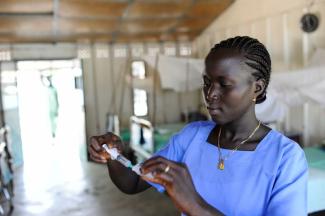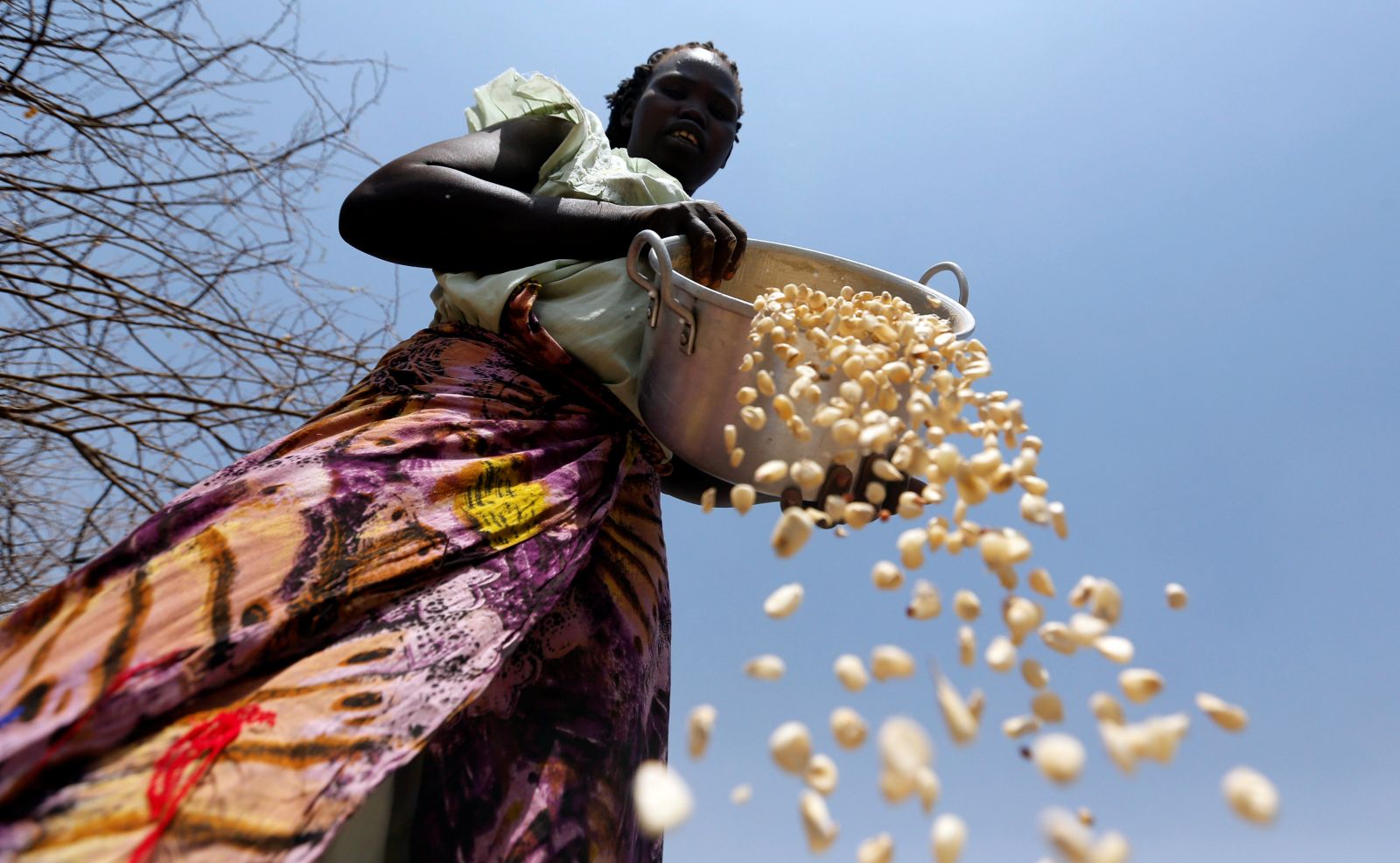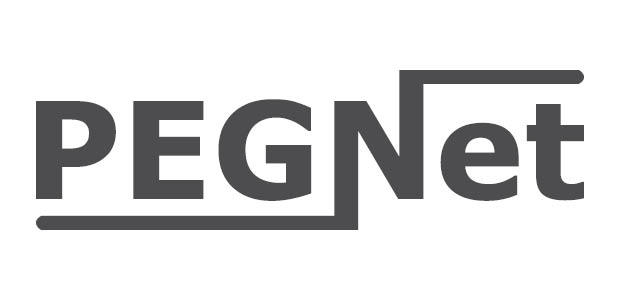Editorial
Government responsibility

There are several reasons for this divergence, including the following:
- Inadequate nutrition makes people more vulnerable.
- Good water and sanitation infrastructure protects people from infections.
- Low levels of education result in poorer understanding of how to handle illnesses and, more generally, how to live in a healthy way.
- Pharmaceuticals tend to be expensive and inaccessible in developing countries.
- Many immunisation programmes can be taken for granted in rich nations, but not in poor ones.
The pharmaceutical industry is a multi-billion dollar business. Corporate research is primarily geared to making profits rather than to fighting the world’s worst diseases. Pharma companies do not invest heavily in finding therapies for the illnesses that haunt poor people, and their approach is reasonable. That kind of investment would not be lucrative, since patients would not be able to afford the medication – unless it was sold at very low prices with rather small profit margins. It is therefore no coincidence that pharma labs have developed pills against erectile dysfunction while humankind still lacks therapies for Chagas or dengue.
Indeed, health care must not be left to market forces. Governments must assume responsibility. Because of systemic market failure in this sector, the state plays an important role in the highly regulated health systems of all advanced economies. Accordingly, health needs are greatest in poor countries where government capacities are weaker.
In principle, every human being must get competent health care. Making this vision come true is on the UN agenda of the Sustainable Development Goals. Rich nations must contribute to the cause. After all, they are compounding health problems internationally, for instance, by enticing doctors and nurses to migrate from poor world regions to fill personnel gaps in more prosperous places. Obviously, the governments of developing countries must assume responsibility too. They must use their limited resources efficiently and effectively. Health centres with competent staff and sufficient pharma supply are needed everywhere. Otherwise, simple infections can plunge entire families into poverty. Experts know there are causal links between poverty and illness. For obvious reasons, people’s productive potential depends on their health.
One way of assuming responsibility is to not to shy away from disputes with pharma corporations, for instance regarding intellectual property rights. The rules of the World Trade Organization (WTO) allow governments to grant compulsory licences for manufacturing patent-protected medications if that is needed to safeguard public health. As UN experts have recently pointed out once more, this right becomes worthless if the governments of developing countries do not make use of it.
Fighting infectious diseases is a complex challenge. Many different partners – ranging from patients and medical staff to scientific research institutes and international organisations – must play their part. The good news, however, is that the international community has been making progress – and further progress is possible if all parties cooperate well.
Sabine Balk is a member of the editorial team of D+C/E+Z.
euz.editor@fs-medien.de












